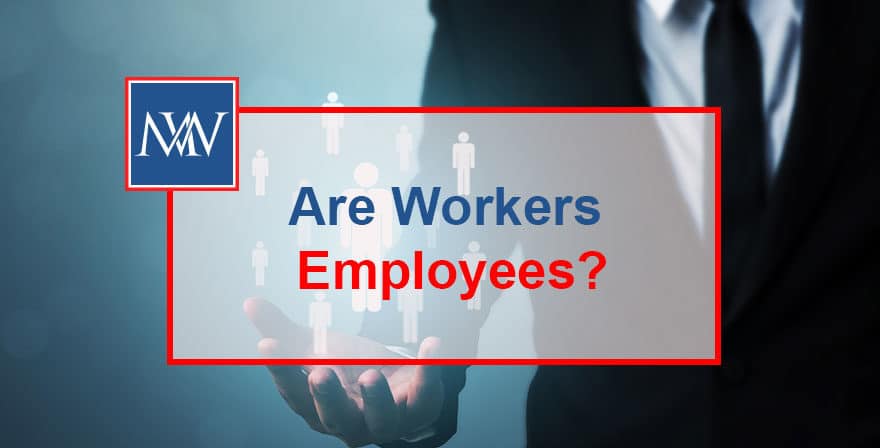
Are workers employees?
It is important to know whether a worker is employed or self-employed as there are many differences in the way in which they will be taxed. Broadly, employees are taxed under the PAYE system with income tax and Class 1 national insurance contributions (NICs) being deducted from payments made to them. Class 1 NICs are also payable by employers. In contrast, the self-employed pay income tax and Class 4 NICs direct to HMRC, and are also currently liable to Class 2 NICs.
Some important differences are:
- currently, self-employed people have a lower liability to NICs than employees (especially when taking into account the employer’s liability)
- self-employed people benefit from a cash-flow advantage in the timing of tax payments under self-assessment, compared with employees taxed under the PAYE system
- the rules allowing tax relief for expenses are generally more relaxed for the self-employed
- in some circumstances, an employer who incorrectly treats an employee as self-employed is liable for the income tax and NICs that they should have deducted under PAYE. HMRC may treat as a net amount the figure that was intended to be paid gross.
Employment indicators
The term ‘employment’ is broad in scope but is not exhaustively defined. The legislation lists three types of arrangement which indicate the central meaning of the term:
- Any employment under a contract of service
- Any employment under a contract of apprenticeship
- Any employment in the service of the Crown
For tax purposes, though, the concept of ‘employment’ is normally extended to encompass also the holding of an office. The distinction between ‘office’ and ‘employment’ is only of limited interest for tax purposes. Employees are said to operate under a ‘contract of service’.
Firstly, the terms and conditions of the engagement need to be established – normally established from the contract between the worker and client/employer, whether written, oral or implied or a mixture of all three. Then any surrounding facts that may be relevant need to be considered – for example, whether the worker has other clients and a business organisation.
Factors indicating employment include:
- Substitution – does the individual have to carry out the work personally, or can they send a substitute to do the work for them?
- Control – is the individual told what to do, when and how to do the work?
- Pay structure – is the individual paid by the hour, week or month, and are they eligible for overtime pay?
- Hours – is the individual required to work set hours, or a given number of hours per week or month?
- Location – does the individual work at the other party’s premises, or at a location of the other party’s choice?
- Integration – is the individual part and parcel of the organisation?
- Dismissal – what provisions are there for terminating the engagement?
- Mutuality of obligations – does the nature of the contract mean that there is an obligation for the engager to provide work on the one hand and for the individual to carry out that work on the other?
- Benefits – is the individual in receipt of benefits such as holiday pay, sick pay, medical insurance or a company car?
- Continuous work – are there long periods where the individual works only for one party?
Workers’ rights
If a worker is classed as an employee, there will automatically be entitled to certain employment rights, including the National Minimum Wage, statutory minimum levels of rest breaks and paid holiday, and protection against unlawful discrimination
Employment status is not determined by any one single factor. In more complicated circumstances it will be necessary to build up a picture, taking into factors such as substitution, mutuality of obligation, control, pay structure and benefits, and the wording of any contracts in place.
For more information, Book a Free Consultation
Need Accountancy Support?
For information on bespoke training, or if you have any other questions for Makesworth Accountant, please fill in your details below




















 150
150